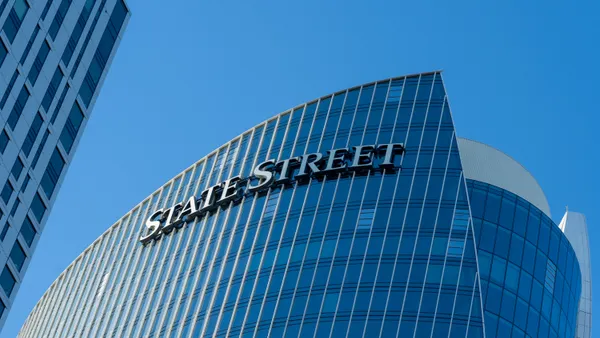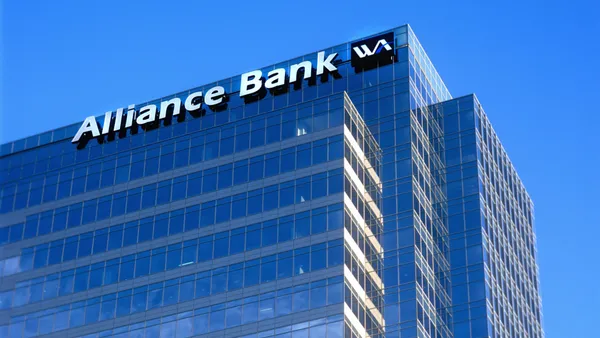Dive Brief:
-
A new House bill introduced by Rep. Ayanna Pressley, D-MA, would mandate the CEOs of the country's largest banks to report to Washington annually, and submit annual public reports with information about their banks' size and market activity. The Greater Supervision in Banking Act would also require the top banks to disclose employee wages and diversity data to members of Congress.
-
"Ten years later and banks' shareholders are reaping record profits while much of the country has yet to recover from the 2008 financial crisis," Pressley said in a statement. "As working-class families continue to pay the price, the nation's biggest banks are continuing to rack up billions in fines for illegal practices while avoiding any meaningful accountability."
-
The bill also calls on banks to disclose any enforcement or regulatory actions taken against them over the past year.
Dive Insight:
The House Financial Services Committee has been vocal in its disapproval of the nation's largest banks.
Rep. Maxine Waters, D-CA, the committee chair, has been a prominent critic of employee wages and has called for all "megabanks" to increase their minimum wage to at least $20 per hour by the end of the year.
"The banking industry has made modest changes, but it has a long way to go," Waters wrote in August. "Committee Democrats will continue to push prudential regulators and megabank CEOs to ensure just compensation for workers."
The committee has also implored financial institutions to make more of an effort to include women and minorities in senior leadership positions, following diversity data released in August.
Senior leadership at the largest banks is mostly white and male, the report found. Not one "megabank" has a female or minority CEO, and less than 25% of senior leadership is composed of women and/or minorities.
High-profile scandals resulting in a series of fines for country's fourth-largest bank, Wells Fargo, have also led to calls for more accountability from financial institutions.
"Congress has a duty to hold these systemically important banks and their executives accountable on behalf of the American people," Pressley said in a statement.
The bill would apply to the eight U.S.-based global systemically important banks (G-SIBs): JPMorgan Chase, Citigroup, Bank of America, Goldman Sachs, Wells Fargo, Morgan Stanley, State Street and Bank of New York Mellon.













